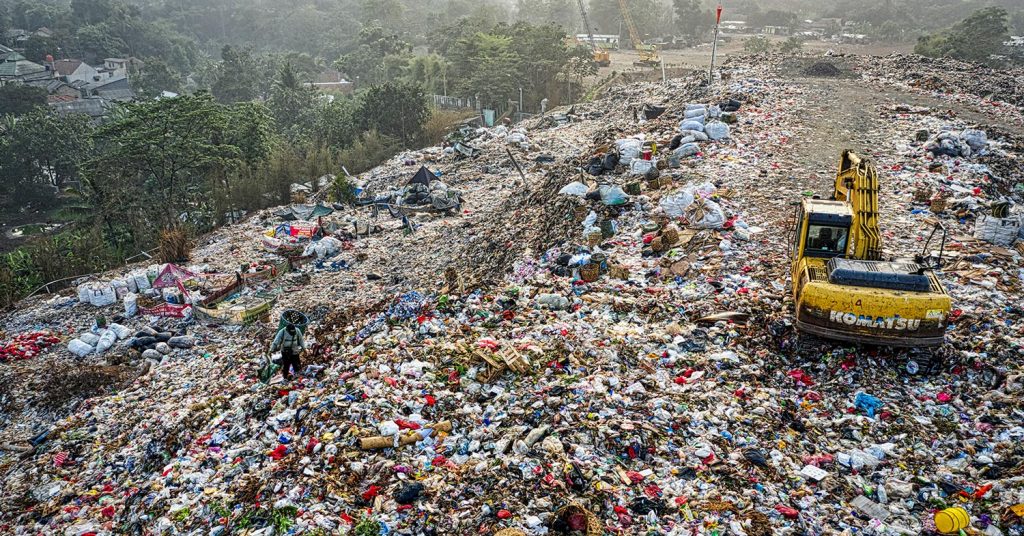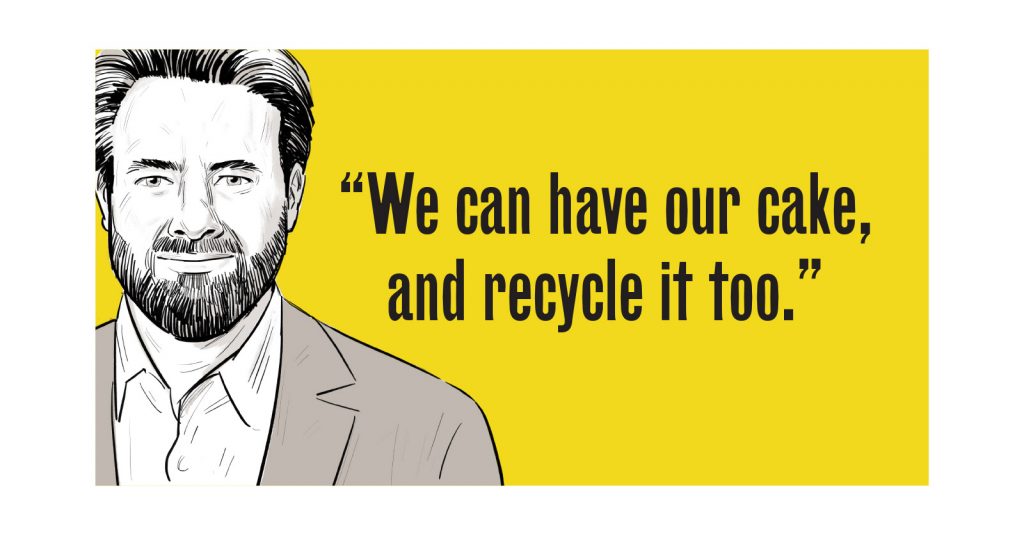
Ten brand owners around the world significantly influence what we consume, it’s scary for us and them the impact and responsibility they have in respect of consumer health, food waste, and packaging waste. Due to the scale of these brand owners, the packaging providers that facilitate them are also enormous, this concentration of volume and influence creates a mountain to climb for those further down the food chain.
The global flexible packaging market is estimated at 31.5 million tonnes in 2021, the market has increased from 26.9 million tonnes in 2016 — an annual average growth rate of 3.3%. The global market is forecast to grow by an annual average growth rate of 3.4% to 37.5 million tonnes in 2026.
By comparison, the global consumption of paper and board amounted to an estimated 399 million metric tons in 2020. It is expected that demand will increase steadily over the next decade, reaching approximately 461 million metric tons in 2030. Its broadly excepted that 55–60% of paper is recycled which is amazing but that does mean 160m-185m tons is virgin materials (trees)
Plastic will increase by 39% compared to 15.5% for paper in 10 years! When we talk about consumption, it’s global demand that influences change, not domestic markets. We must change the rhetoric that plastic is the enemy in domestic markets, cheap headlines focused on what’s working rather than what’s not, and why are not helping us deal with the issues. As an aside, BOPE supports down-gauging, a key process in reducing waste.
We must embrace smart packaging including plastics and make it part of the solution. All waste without an ‘end of life’ clearly identified is potentially damaging to our environment as un-controlled rubbish.
We don’t have a viable solution we can effectively scale to replace plastics in the next decade to the volumes demanded by developed and developing society, with the global population forecast to hit 9 billion by 2050, we don’t have time to find an alternative, we have no choice but to take what we have today and make it better, make it part of the solution to reduce food waste, recycle materials and reuse plastics.
We need to design packaging so it’s easier to be recycled, we need to invest in infrastructure to support this and we need to embrace what’s happening while we find a better path for some if not all packaging. ‘Recycled’ should read ‘re-purposed’, some limitations exist on how many times polymer can be recycled for their primary function, but with clear and efficient recycling streams creating post-industrial and post-consumer high-quality polymers we can re-purpose polymer across a vast range of products.
The biggest flexible packaging producer in the world is Amcor, located on South Bank, Melbourne, Australia. We are based in Melbourne. We need them to change the narrative in this domestic market, champion the value of smart plastics, and align the Australian domestic market with the global market they influence with innovation!

Disruptor brands like ours standing up and saying, ‘we can have our cake, and recycle it too.’ Mono structure technical substrates Including BOPE and future materials will mean more choice and less impact for brands and their customers, we just need policymakers to focus and on the reality, flexible packaging is here to stay, let’s embrace, regulate it, not marginalise it.
If you’ve worked in or with the food packaging industry for any length of time, plastic goliaths have not only provided the bulk of materials for the past four decades, through scale and effective duopolies they have made innovation and progress on sustainable alternatives uneconomic for smaller players, we need more ‘black box thinking’ to accelerate change and make it more accessible, we are starting to see examples of this.
We started Cyclpac because we saw mono structure technical packaging incorporating BOPE, multi-layer co-extded technical substrates, and post-consumer recycled content (PCR) as our immediate future, cheap plastics for plastic’s sake are neither sustainable nor in all our interests. It’s never easy to pioneer but Australian and European brand owners, converters, and retailers are getting behind us and keen to do better with easier to recycle packaging incorporating BOPE and mono structure polymers substrates.
Industries are slowly moving to mono-structure solutions that focus on PE, BOPE, PP, using only a single polymer type to produce packaging ensuring its easily recycled. Leading pet food brands, coffee roasters, convenience foods like ready meals, soups, sauces, and cereal manufacturers.
Developing a sustainable solution for our range of sauces is complicated as we supply both domestically and internationally says Michael from Precision Foods in Melbourne. “We have to align with the highest international standard, we consider the European standard as the benchmark. In addition, we use very technical retort packaging and we would prefer to source domestically,” he says. “Cyclpac, after undertaking an audit of our overall packaging requirement, has set out the solutions and rationale in each area of the business with a focus on ‘reduce and recycle,’” he explains. “They have become part of the solution, not just a supplier”.
We’ve been working with Tracy and Triborg Snacks. They are a medium-sized processor of peanuts, almonds, and dry powders such as milk, packing these into a range of packaging formats, Tracy and her team are looking to transition from traditional mixed laminates to mono structure easily recyclable materials. “This is as much a mindset challenge as a technical challenge for the team,” she says. “It takes time to unpick a decade of working a certain way, but when you consider how everything else has changed in 20 years.” “Cylpac has worked at our pace to transition ranges and formats in portfolios so it makes the process manageable and we have learnt together,” she explains.
We want to work with customers who want to change, no one likes changes but when it has purpose it can be fun and rewarding.
Our basic approach
Testing, trialling, adapting, failing and winning is all part of the transition to anything better. It takes time and patience to get it right on so many levels but that’s all part of the fun.
Delivering next-generation packaging in your category for the first time. We enjoy the confounded looks from your competition as much as we do the smiles of your customers or own team. If it can be seen from across the floor, bounces not splits and is still perfectly good at the foods suggested expiry date, we’re thrilled.
Our team is part of your team while we’re on the job. We’ve done the high volume work in the past, now we take pride in passing on knowledge, showing what can be done in 2021 and seeing you have a win.
The work is starting to pay off. We were recently winners of the 2021 Australasian Packaging Innovation & Design Awards (PIDA) in the Sustainable Packaging Category for Recycle, for our Melbourne Coffee product (read all about it). We were up against some of the largest consumer brands in the country Woolworths and Coles and we won!!
We need our goliaths to lead and accelerate the transition from volume manufacturing to service the new breed of mono structure packaging which supports recycling and then engages consumers to ‘make a difference’ and demand recycling! Hopefully, it’s not too late for the planet and we can not only continue to eat and drink in practical ways but have negligible or no impact on the environment.
If this is your ambition too, I’d love to hear from you.
— Edward.